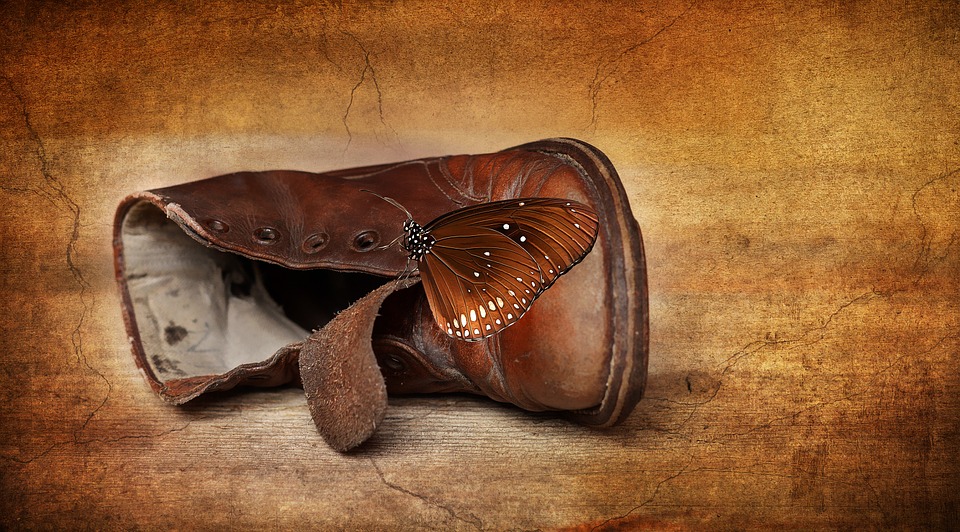
Having more time at the moment means more time to wander, and to wonder. On a walk a few days ago, I wondered who first thought of the idea of putting book shelves into an old phone box? And then furnishing the shelves with a range of books – what was it about the phone box that said: let’s make a little lending library right here?
I don’t know, but drawn to one delightful little time capsule on my walk, I opened the heavy door and was immediately transported to my teenage years. How many hours had I spent hunched up in boxes exactly like this one with the heavy black phone, mouth piece infused with some strong cheap perfume like Tweed, cradled on my shoulder? How long had I stood chattering in the cold, sometimes with a newspaper parcel of fish and chips to keep my fingers warm, waiting for the phone to ring at the magical chosen hour? The box opened the door onto my younger self and there I was, lying on my bed reading a novel instead of studying for my A Levels, counting down the hours until I could put on my warmest coat and head out to telephone a boy who had most likely spent the afternoon in his own desperate place of procrastination.
Inside this miniature library, there was no polite sign asking for payment or primly inviting people to take books to read and enjoy. No indication of who might have previously owned the books. Captivated, I chose one: a travel book by Rory Stewart (no, I didn’t know he was a writer either…) an account of his walk through remote and dangerous parts of Afghanistan, entirely on his own, for no reason other than wanting to go there and see what the crazy place was up to. The title: The Places In Between seemed to resonate with the new identity of this individual telephone box, divested of its phone.
We’re all in a between place right now. A place that feels familiar and strange. Aside from open access books, I’m interested in all the other small offerings that are springing up. Take me home flowers for key workers, phone calls and well-being check-ins, group gatherings, including a book group who are composing haiku as a diary of this time. I’m heartened by View from My Window, a facebook group which has gone viral, and simply shares pictures of people’s views from their windows. From my front room, I’ve visited places I will probably never see: a stunning sunset over West Palm Beach in Florida; a herd of inquisitive nyala in Plettenberg Bay, South Africa; olive trees at a mountain retreat in Umbria, Italy. Some of the posts come with stories, and it’s intriguing to read how many people are reconnecting to their pasts through objects they have lived with for years such as an old rocking chair, but have never really properly looked at it before.
Post teenage years, I overlooked red telephone boxes. They were obsolete, pointless in a digital age, smelly, ugly and slightly embarrassing like an elderly relative who forgets to wash and farts all the way through a smart family birthday dinner. They were awkward: I mean what do you do with a phone box, too small for anything useful like low-cost housing, too big and iconic to simply trash. So the boxes remain in our country lanes, sore relics of the past, that is until someone rescues a box on its last legs, spruces it up and breathes new life into its musty interior.
Within this small act of generosity lies the grit of all creativity. Being creative doesn’t have to mean doing anything grand or special or perfect. Being creative in its purest essence means to slip something into the world that was not there before, something that will delight, provoke or stimulate similar acts. Essentially, being creative is the art of looking at something with fresh eyes. Of course, the less romantically inclined might scoff that the unsecured phone box is bound to be vandalised. It is bound to have all its books ripped to shreds or stolen and never returned. It is bound to be used as a toilet or get a kicking or two.
Of course, to the person who found this box and bothered to keep it clean and furnished with books, none of this matters. They ignored the cynical voice that said: why? It’s just a smelly old phone box for goodness sake?
People all over the world are creating something small right now. They are filling the spaces between with tiny art-works: drawings, quizzes, films, choirs, photographs, poems, loaves of bread, friendships, heroic walks, pots of tea, walks, long rambling talks, silences, a beautiful lace fence (can you believe?)
Let’s be collectively delighted. Let’s make more.







